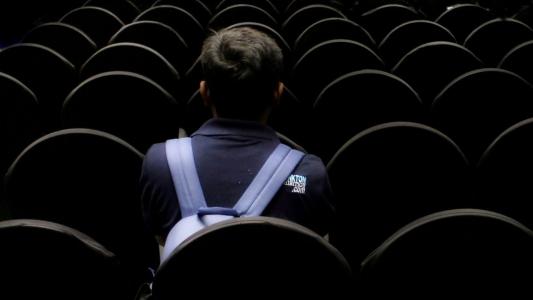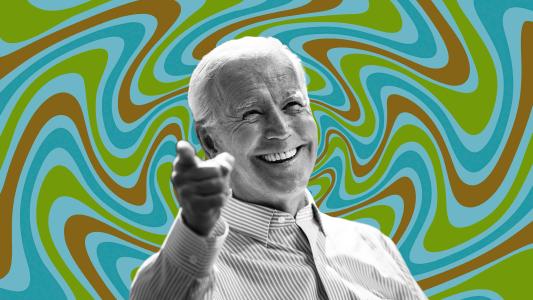Neuroscience
Are near-death experiences just psychedelic trips?
One possible explanation of near death experiences is that our brains are flooded with a hallucinogenic, DMT.
Identical twins were raised in different countries. Here’s how they differ today.
After being separated as toddlers, two identical twins were raised apart in the US and South Korea.
Shoe wearable could help Parkinson’s patients avoid falling
Data-collecting sensors in shoes can predict a Parkinson’s patient’s fall risk almost as accurately as standard walking tests.
This 20-year chart of depression diagnoses shows an incredible shift
People are being diagnosed with depression earlier than in the past because of a decrease in stigma and better diagnostic guidelines.
An ancient technique can improve your attention span
Life's modern distractions, such as news and social media, have overwhelmed our evolutionarily designed attention spans.
Is your mind just a parasite on your physical body?
What if there is nothing special about self-awareness? What if it is just evolutionary dead weight, bound to disappear soon?
New epilepsy treatment could stop seizures in their tracks
A new epilepsy treatment that's delivered as a nasal spray may be able to prevent seizures or even interrupt them.
A new drug could repair stroke damage to memory and movement
A new drug can repair stroke damage in mice, improving memory and motor skills. If it works in humans, it could lead to a paradigm shift in stroke treatment.
The Singularity: When will we all become super-humans?
Are we really only a moment away from "The Singularity," a technological epoch that will usher in a new era in human evolution?
The Biden administration is preparing for legal psychedelics within two years
The Biden administration’s Department of Health and Human Services has sent a memo supportive of psychedelic therapies. What does that mean for the field?









